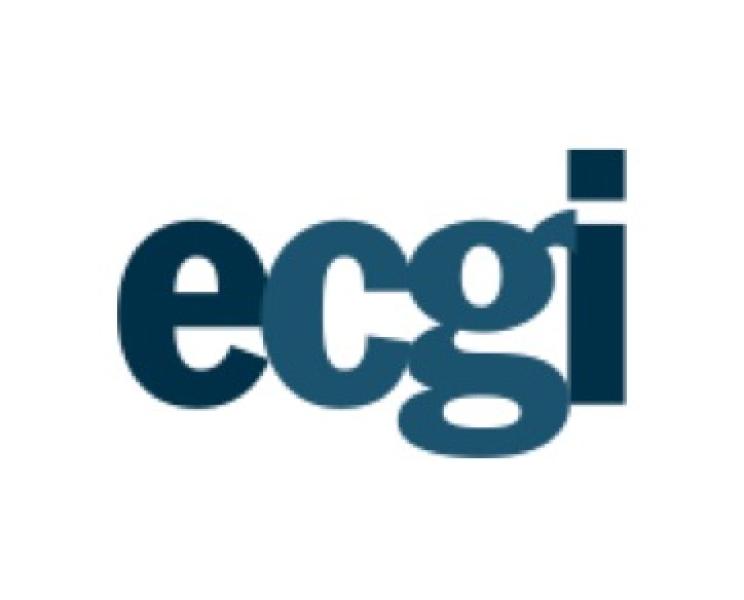
A European Tribute to Henry Hansmann
Universidad Pontificia de Comillas - Uría Menéndez - Fordham University - ECGI Conference
“A European Tribute to Henry Hansmann”
Hosted by ICADE, Madrid | Hybrid Event
Wednesday, 28 June 2023 | 14:00 - 20:00 CEST
Location:
Universidad Pontificia de Comillas, Madrid
This was a hybrid event so virtual attendance was possible.
Organisers:
Maribel Sáez Lacave (Universidad Autónoma de Madrid and ECGI)
Abel Benito Veiga (Universidad Pontificia de Comillas)
ABOUT THE EVENT
Henry Hansmann is the Oscar M. Ruebhausen Professor Emeritus of Law at the Yale Law School. His scholarship through the years has made seminal contributions to the field of Corporate Law, helping advance our understanding of organizational forms and the structure of property rights. His work has been greatly influential for Corporate Law European scholars. This event paid tribute to his academic achievements and aimed to explore the broad influence of Professor Hansmann’s work through a one-day seminar with presentations and discussion of original papers by professors of law, business, and economics.
Location
Universidad Pontificia de Comillas. ICADE. | C/ de Alberto Aguilera 23, 28015 Madrid
Programme
Introduction and Welcome
Speaker(s)
Session 1: Unsolved problems of corporate subsidiaries | Chaired by
Speaker(s)
The corporate group as an organizational form
Speaker(s)
Discussant
The New Corporate Law of Corporate Groups
Speaker(s)
Discussant
Q&A
Coffee break
Session 2: Organizations and stakeholders | Chaired by
Speaker(s)
Collapsing the Bankrupt Corporate Group
Speaker(s)
Discussant
Corporate Governance as a Social Institution
Speaker(s)
Discussant
Q&A
Coffee break
Session 3: Economics of Property | Chaired by
Speaker(s)
The Roman Familia: A View from the Economics of Property
Speaker(s)
Discussant
Q&A
Conclusion
Speaker(s)
Speakers
María Gutiérrez Urtiaga
Presentations
Contact























